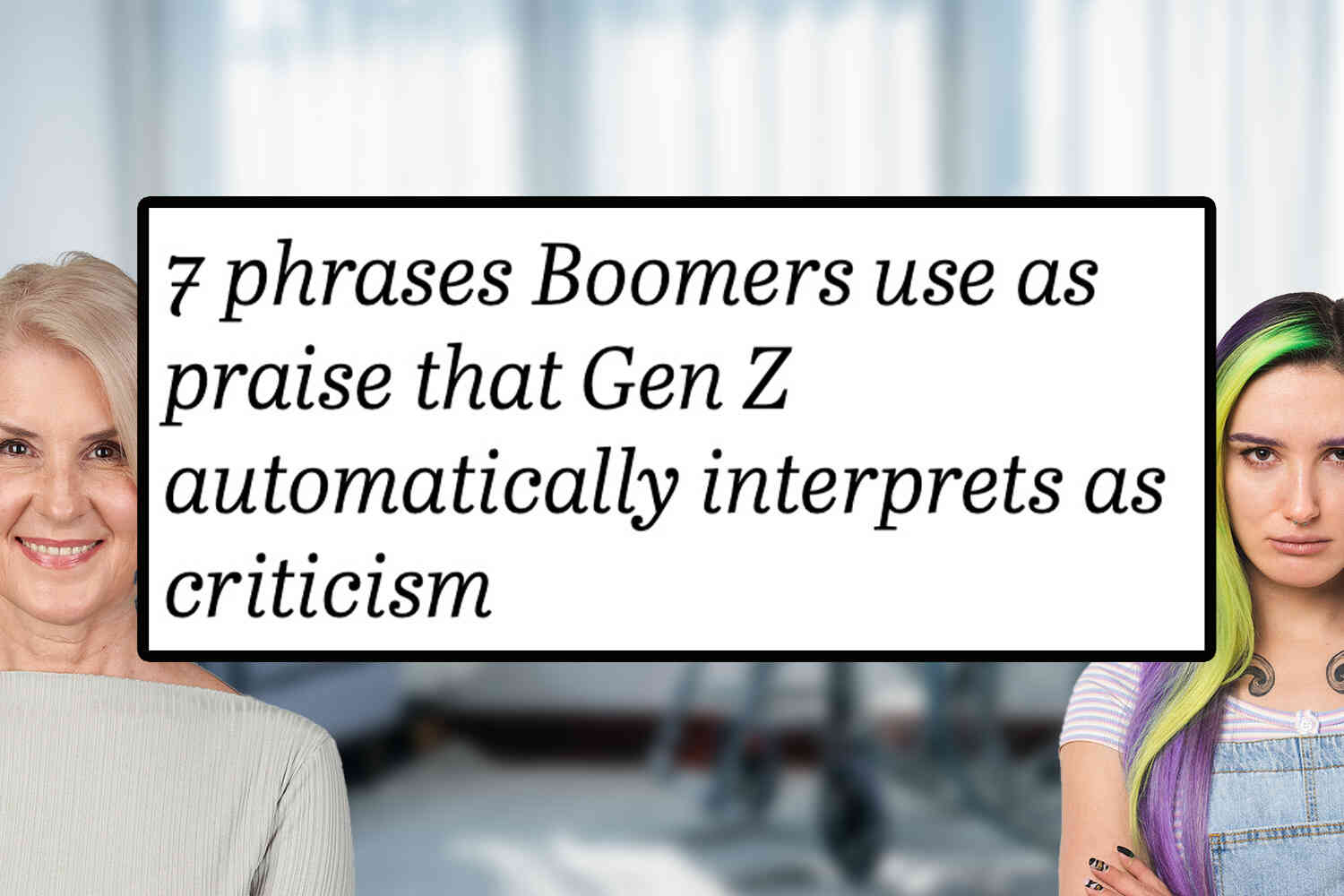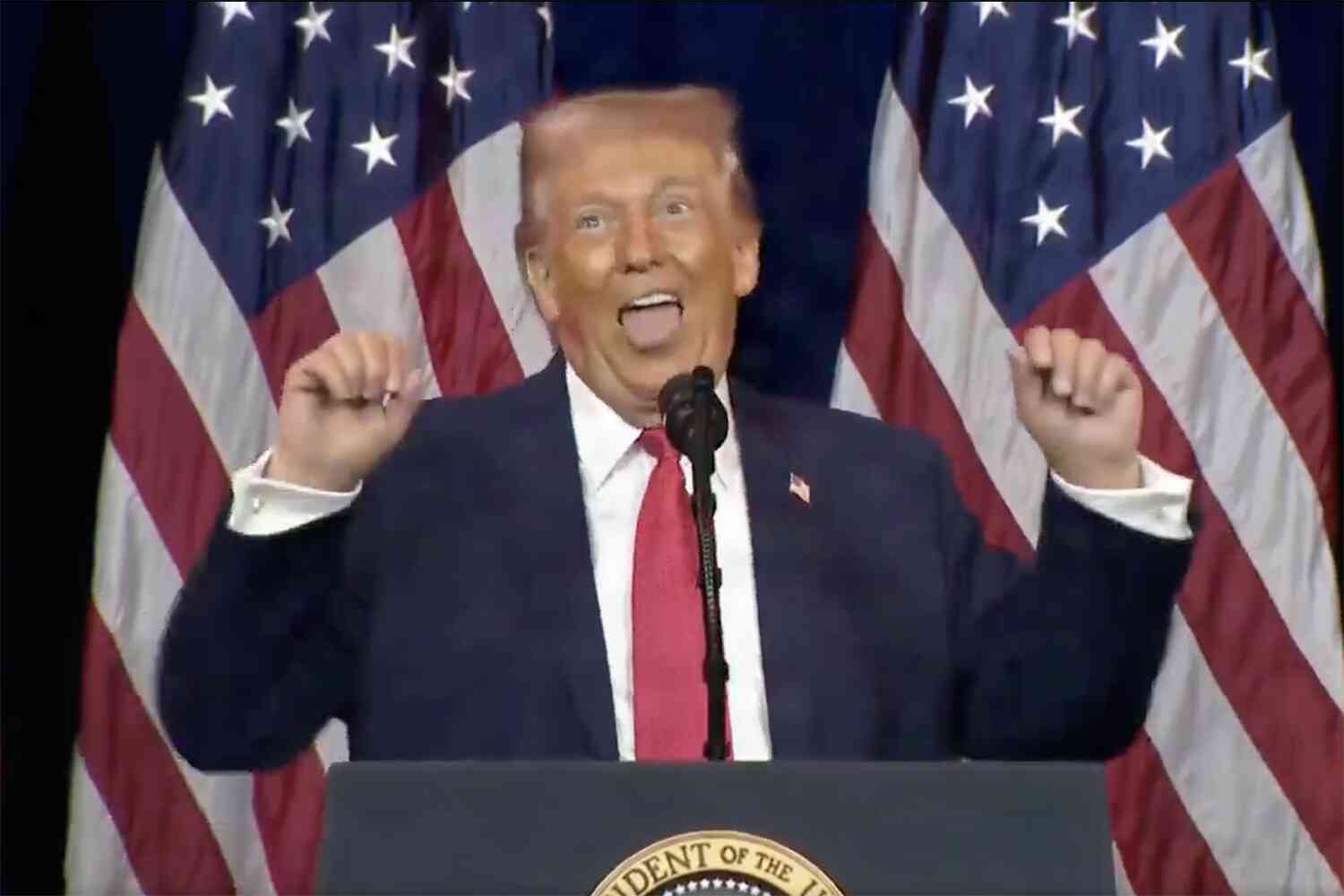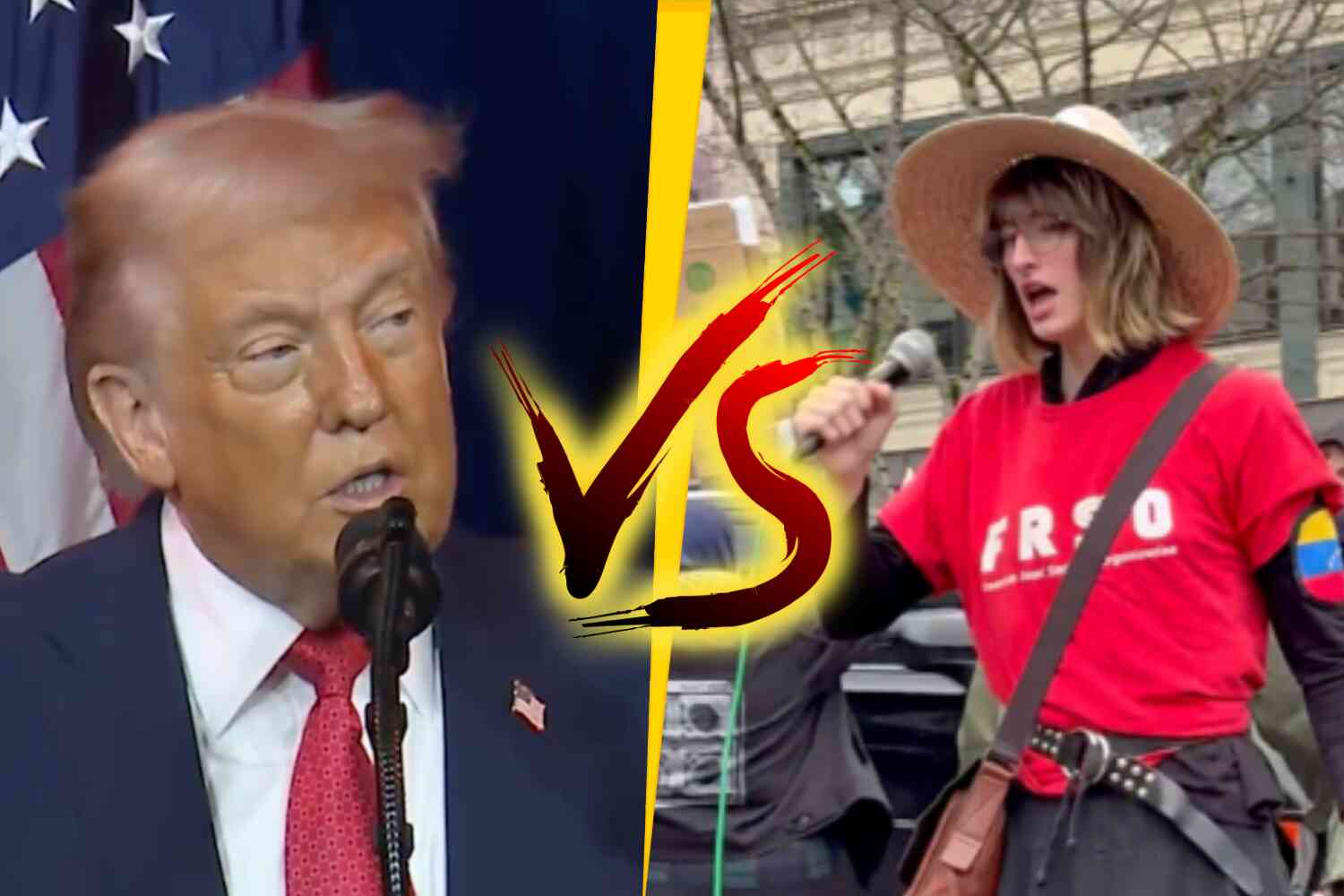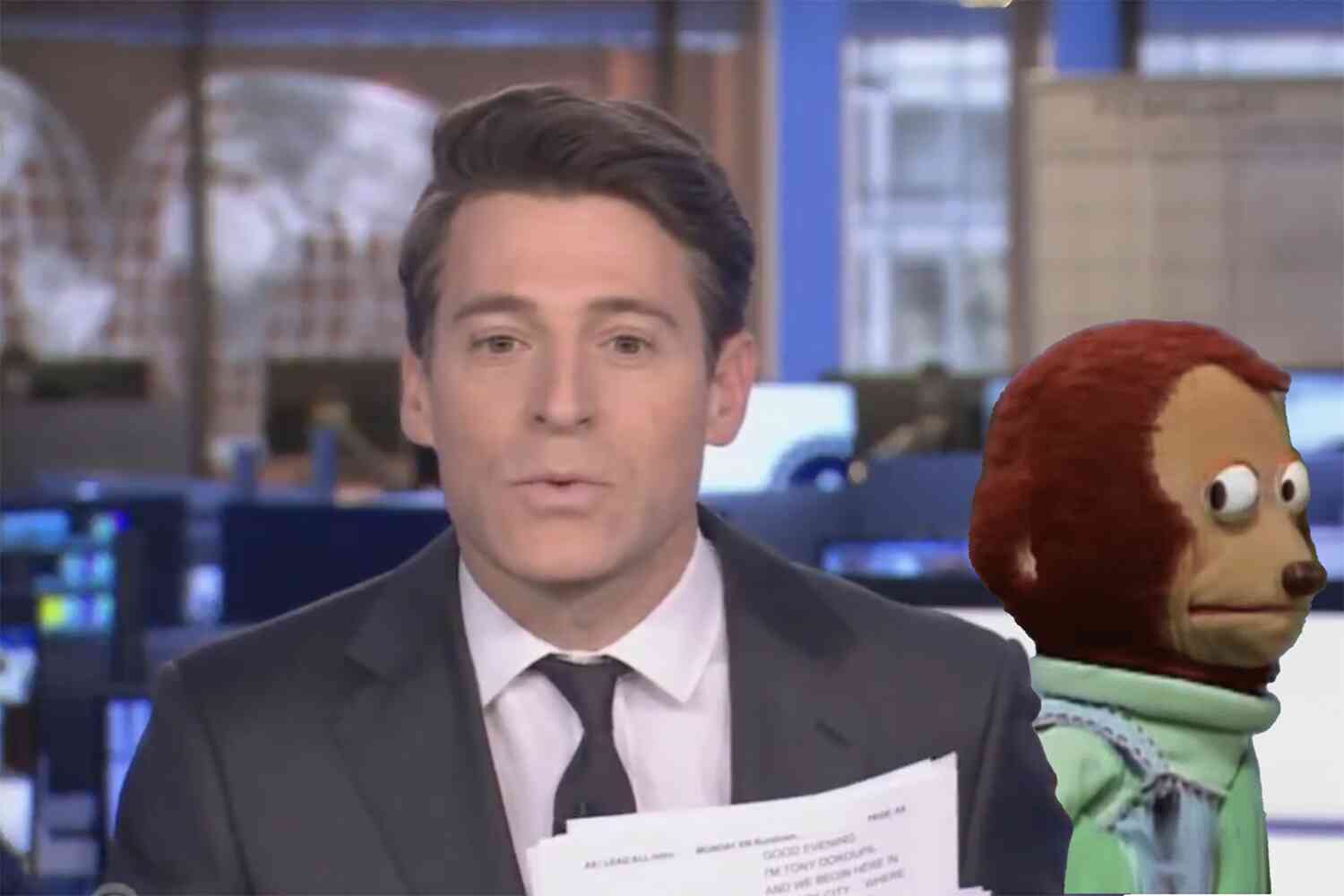One of the things that is exceedingly frustrating to folks on the right is the left's insistence on altering the definitions of words, terms, and concepts whenever it is productive and useful to the progressive political agenda to do so.
Maybe this is just a case of pointing out hypocrisy – one of the most common attributes of those who live their lives in the public eye. But I truly think there's something deeper going on. Let's use an example to bring it to light.
Since the rise of Trump and his unabashed supporters within evangelical Christianity, progressive sociologists have been thunderously banging the drum on the dangers of so-called Christian nationalism. For four years they studied it, wrote papers about it, gave speeches on it, authored books that covered it, and have successfully led more than just a few people to believe it represents the greatest threat to "American democracy" we encounter today.
So, what exactly is it? How is it defined? Well, that's where it gets tricky.
Progressive Christian sociologists Samuel Perry and Andrew Whitehead have been some of the most outspoken voices on this issue. The pair do little to try to hide their ideological allegiance to leftism, though they then later spend a great deal of time wondering why conservative Christians are skeptical about their motivations and conclusions. Still, being thoroughly committed to the advancement of a liberal political agenda doesn't singularly disqualify the reliability of their analysis.
The pair defines Christian nationalism as a belief system that embraces the following ideas:
- The federal government should declare the United States a Christian nation.
- The federal government should advocate Christian values.
- The federal government should not enforce the strict separation of church and state.
- The federal government should allow religious symbols in public spaces.
- The success of the United States is part of God's plan.
- The federal government should allow prayer in public schools.
What isn't overly clear from their research or reports, however, is how many of those ideas a person has to embrace in order to be considered a "Christian nationalist." If I believe that God divinely intervened at numerous points in the history of the United States and that there is nothing inappropriate about a Nativity Scene on a courthouse lawn, does that make me a Christian nationalist?
What if I think that the principles of morality taught by Christianity (the Golden Rule, generosity, respect, peace) provide a firm foundation upon which to build a civil society? Am I a Christian nationalist at that point?
Unsurprisingly, these progressive "experts" seem to offer answers to those questions on a case-by-case basis. That's how this nonsense is immediately designated Christian nationalism…
But this nonsense is not…
It's why it is considered Christian nationalism when a preacher says this…
But not when a preacher posts this…
A week ago, a minister named Stephen Feinstein made what seems to be a fairly benign, fairly obvious comparison.
Tisby promotes certain political causes as explicitly Christian while theologically marginalizing groups that don't agree with his politics. He uses portions of Scripture to promote the support of particular politicians and their agendas. Jeffress, with his public embrace and promotion of Donald Trump from the pulpit, commits the same offense.
But according to progressive voices, only the latter is a "Christian nationalist." How does that work? Notice the convenient sleight of hand Tisby uses to excuse himself from indictment:
Note we are suddenly no longer discussing "Christian nationalism," but rather "White Christian nationalism." Of course, Perry and Whitehead are more than happy to offer pseudo-intellectual cover for their progressive brethren, expediently noting that when they say "Christian," they actually are implying a more "ethno-cultural and political identity" that would not include Tisby.
Building on that premise, Tisby exonerates anyone who belongs to the "Black church tradition" from all accusations of this nefarious Christian nationalism, writing,
In contrast to white Christian nationalism, Black Christians have historically tended to embrace a kind of patriotism that leads to an expansion of democratic processes, the inclusion of marginalized people, and a call for the nation to live up to its foundational ideals.
Is this not a fundamentally different conversation than where we started? Are we now saying that if black Christians believe God's plan is for the federal government to advocate Christian values, violate the strict separation of church and state, allow religious symbols on public property, and promote school prayer, it's not "Christian nationalism" because their kind of patriotism is more inclusive?
Are we all to pretend that we aren't just moving the goalposts but actually shoving them through a woodchipper at this point? I get the fascination with pejorative labels – they allow you to lazily demean and dismiss someone without having to engage them or their ideas. But is it too much to ask for the progressives spouting them to offer a consistent definition for what they mean?
P.S. Now check out our latest video 👇
Disclaimer: The opinions expressed in this article are those of the author and do not necessarily reflect the opinions of Not the Bee or any of its affiliates.









